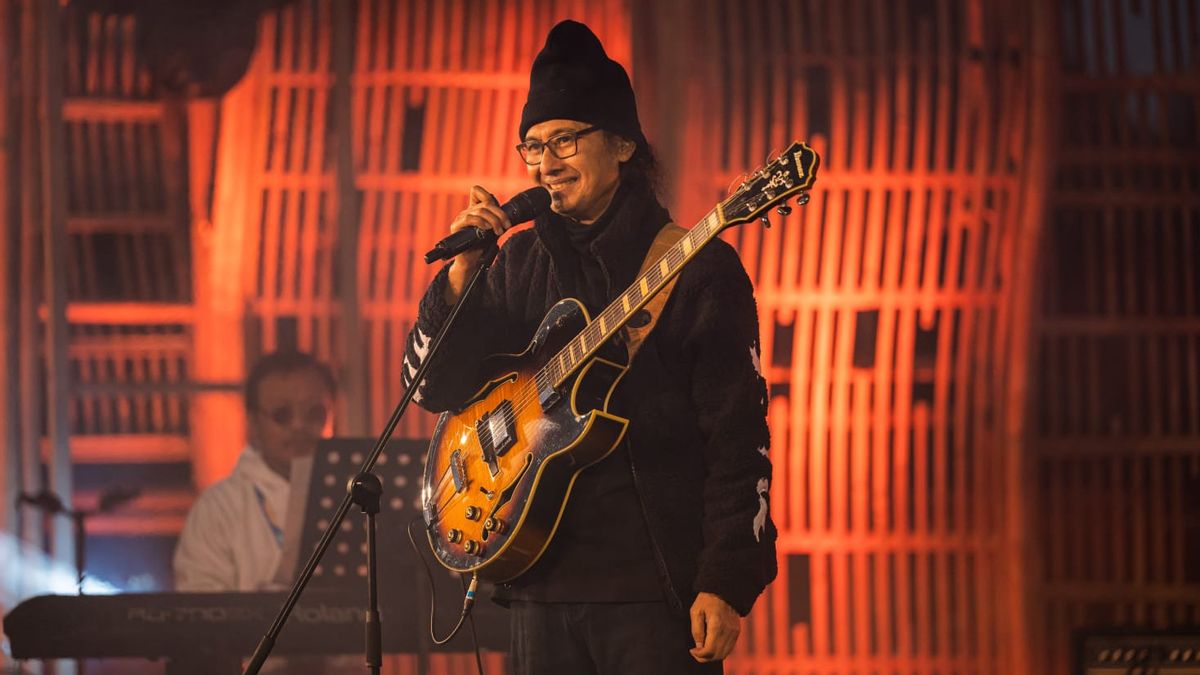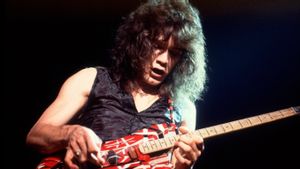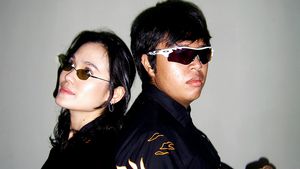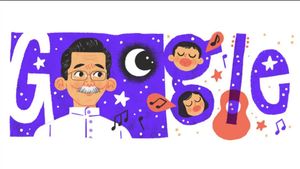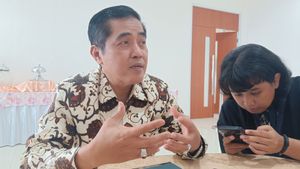JAKARTA - Jazz music, from its onset until its development always includes an interesting story.
Starting from the entertainment music of African slaves in the United States, the accompaniment of dancing in sewers, to becoming music loved by people with culture in urban areas.
In Indonesia itself, jazz is known as entertainment music for westerners, especially the Dutch during the pre-independence period.
Jazz is usually played at a magnificent performance venue.
Then, jazz in Indonesia is known as music for urban communities. The listeners often come from students and middle class in big cities.
However, in the 21st century, Jazz began to be introduced to people who were considered never to know it. Jazz music festivals are not only held on campus or in urban areas, but to rural areas.
So far, jazz music festivals have been held in residential areas, rice fields, mountainous areas, riverbanks and local tourism icons.
Mus Mujiono became one of the country's jazz musicians who saw the development of jazz in Indonesia well. From the hectic audience and the involvement of many parties, he felt that jazz had been enjoyed in remote villages.
"Yes, we can see from the existing audience or audience. Why is it now open? It is proven that jazz music has been loved and has entered remote areas of the village. So, it is proven from the booming audiences," said Mus Mujiono when met in Probolinggo, East Java, Friday, July 21.
The singer and guitarist from Surabaya also shared his experience while playing in one of the tourist sites in Yogyakarta, Prambanan Temple.
"Yesterday I was from Prambanan also full (the audience), good at coming. They are enthusiastic and happy to watch jazz in Prambanan or in other places. This is evident that jazz is liked in society," said Mus Mujiono.
However, Mus Mujiono has not agreed if jazz is called a unifying medium and a common ground for urban communities with rural areas, as well as western culture with Indonesian culture.
"Not yet, I still haven't thought about the level there," he said.
另请阅读:
Trying to compare jazz music with football, Mus Mujiono said that jazz musicians and musicians should hold more performances in the village if they want jazz as a unifying medium.
"For my personal view of my glasses, ( jazz music) is not like football. To unite it, you must often bring it or often enter the village to hold performances," concluded Mus Mujiono.
The English, Chinese, Japanese, Arabic, and French versions are automatically generated by the AI. So there may still be inaccuracies in translating, please always see Indonesian as our main language. (system supported by DigitalSiber.id)
